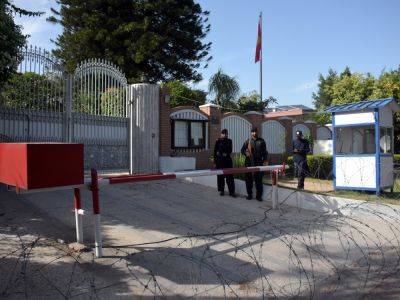Why are Pakistan’s wheat farmers protesting against the government?
Farmers say recent wheat import policies have caused their financial woes.
Islamabad, Pakistan – Tens of thousands of farmers in Pakistan are holding protests in several cities over the government’s decision not to buy their wheat, causing them huge losses in income.
The farmers in Punjab, the country’s largest province and often called the “bread basket” of Pakistan, are demanding that the government stop wheat imports that have flooded the market at a time when they expect bumper crops.
At a protest in Lahore, the provincial capital, on Monday, police violently pushed back the farmers with batons and arrested dozens of them.
Here is what we know about the issue so far:
The farmers are furious about the import of wheat in the second half of last year and the first three months of this year, resulting in an excess of wheat in the market and reducing prices.
Agriculture is one of the most significant income sectors in Pakistan, making up nearly 23 percent of the gross domestic product (GDP) of the country. Wheat makes up 2 percent of the whole.
Following devastating floods in Pakistan in 2022, the impact on wheat farming caused a shortage of wheat in early 2023. While Pakistan consumes around 30 million tonnes of wheat per year, only 26.2 million tonnes were produced in 2022, pushing up prices and resulting in long queues of people in cities trying to buy wheat. There were even instances of people being crushed in crowds trying to access wheat.
The Pakistan Democratic Movement (PDM), the ruling coalition at the time, decided to allow the private sector to import wheat in July 2023, just a month before the end of its tenure in government.
According to figures from the Ministry of National Food Security and Research,







